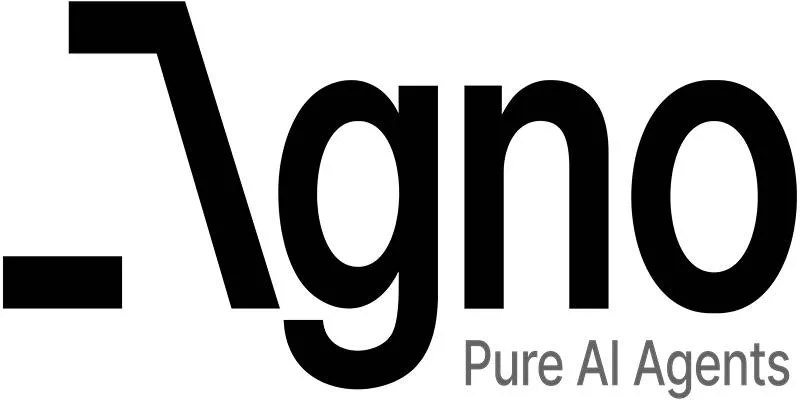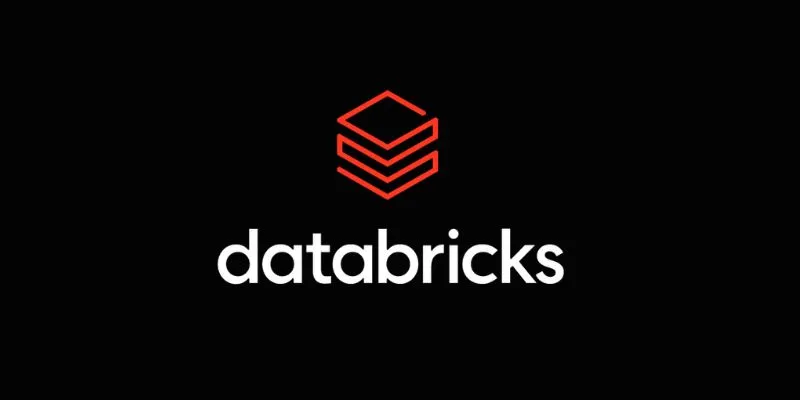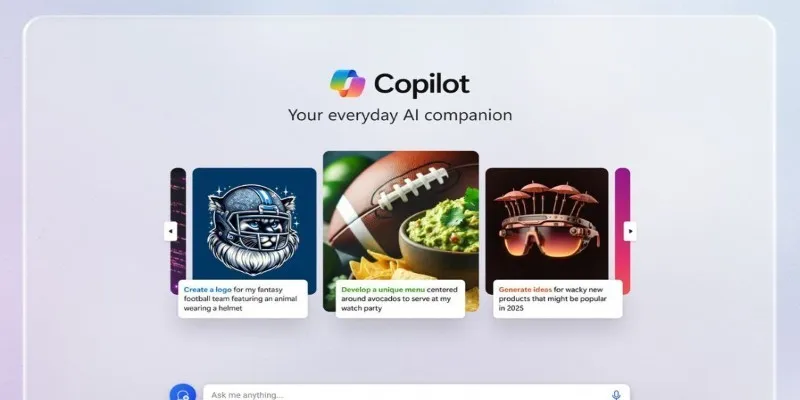Artificial intelligence technologies are rapidly evolving, reshaping various industries with promising opportunities and technical challenges. Alation Inc., a leader in data intelligence, has introduced its innovative Agentic Platform and AI Agent SDK. These tools are designed to assist organizations in managing complex data operations more efficiently. Through autonomous AI agents and SDKs, Alation aims to revolutionize enterprise data management by offering both independent AI solutions and development tools for programmers. This article delves into Alation’s latest offerings, unique features, their impact on organizations, and the transformative nature of these solutions.
The Agentic Platform: Redefining Data Catalogs for the AI Era
 Traditional data
catalog systems have struggled to keep up with the surge in data volume and
the growing need for advanced governance. Alation’s Agentic Platform
introduces a new generation of data catalogs using autonomous AI agents to
automate key processes in data discovery, governance, and compliance
management.
Traditional data
catalog systems have struggled to keep up with the surge in data volume and
the growing need for advanced governance. Alation’s Agentic Platform
introduces a new generation of data catalogs using autonomous AI agents to
automate key processes in data discovery, governance, and compliance
management.
Core Features of the Agentic Platform
Autonomous Data Discovery
The platform’s autonomous agents identify relevant datasets across company silos, eliminating manual labor and accelerating access to crucial insights.
Governance Automation
These agents enforce organizational governance policies to ensure regulatory compliance, a critical function given the emergence of new data privacy regulations.
Metadata Management
The agents independently resolve incomplete metadata issues, maintaining accurate documentation and enhancing dataset reliability, thus freeing up valuable time for data teams.
Scalable Applications
The platform supports a variety of projects across domains like AI, BI, and regulatory compliance, making it versatile for numerous industries.
AI Agent SDK: Empowering Developers
The AI Agent SDK toolkit enables developers to create business-focused AI agents using Alation’s Agentic Platform. Key features include:
- Developers gain access to trusted data through direct connections to Alation’s governed catalog, providing high-quality input for AI systems.
- Support for Anthropic’s Model Context Protocol (MCP) enhances system interoperability and enables controlled interactions with external systems.
- The SDK tools seamlessly integrate with existing technologies, simplifying the development process.
- The platform allows developers to create custom agents to address unique organizational challenges under strong governance conditions.
Agentic Development: A Paradigm Shift
 Agentic
development has transformed the operation of traditional AI assistants and
chatbots. Unlike traditional systems, agentic AI mechanisms operate
autonomously, identifying insights and offering suggestions independently of
human intervention. Gartner research predicts that agentic AI implementation
in enterprise software applications will rise to 33% by 2028, up from less
than 1% in 2024.
Agentic
development has transformed the operation of traditional AI assistants and
chatbots. Unlike traditional systems, agentic AI mechanisms operate
autonomously, identifying insights and offering suggestions independently of
human intervention. Gartner research predicts that agentic AI implementation
in enterprise software applications will rise to 33% by 2028, up from less
than 1% in 2024.
Benefits of Agentic Development
- Data teams become more efficient as repetitive tasks are automated, freeing them to focus on critical business objectives.
- Organizational decision-making improves with reliable analytic outputs from autonomous agents.
- Businesses can expand operations without incurring additional resource costs.
Initial Agent Capabilities
- The Agentic Platform offers several initial capabilities, including:
- The Documentation Agent automates content management and data connections, enhancing data team comprehension.
- The Data Quality (DQ) Agent applies quality rules from Alation’s knowledge base, delivering accurate and timely dataset results, essential for training large language models (LLMs) and generating business reports.
- Developers can build custom agents using the SDK, combining Alation’s search capabilities with Anthropic’s MCP support.
Addressing Challenges in Data Management
Traditional data management faced inefficiencies with manual processes and fragmented information systems, aggravated by rapidly increasing data volumes. Gartner research indicates that many organizations struggle to scale governance programs due to budget limitations and difficult-to-replicate institutional knowledge.
How the Agentic Platform Addresses These Issues
The platform automates repetitive tasks, such as metadata cataloging and policy governance, distributing institutional knowledge across autonomous workflows. This boosts team productivity and accelerates the delivery of critical business initiatives.
Competitive Landscape
- Alation holds a leading position in the metadata management vendor space due to its innovative developments. It stands out among providers like Atlan and Collibra by implementing agentic capabilities. Experts describe this as a leadership-level AI application for metadata management.
Future Implications
The Agentic Platform is currently in beta testing and is expected to launch for general availability this year. While its success is promising, real-world performance remains to be fully assessed. Early adopters of these tools are poised to gain significant marketplace advantages by improving complex dataset management.
Opportunities
- Automation of business processes accelerates the achievement of organizational goals.
- Data teams experience enhanced productivity while managing multiple responsibilities.
- Standardized metadata management increases trust in AI outcomes.
Conclusion
Alation’s release of the Agentic Platform and AI Agent SDK marks a turning point in data intelligence solutions. By transitioning to agentic architectures, Alation leads the industry shift with tools that address current challenges and anticipate future business needs. While the full impact awaits evaluation, the platform’s capabilities have the potential to transform metadata governance. For businesses aiming to thrive in the AI era, adopting agentic development is not optional but a strategic necessity.
 zfn9
zfn9























